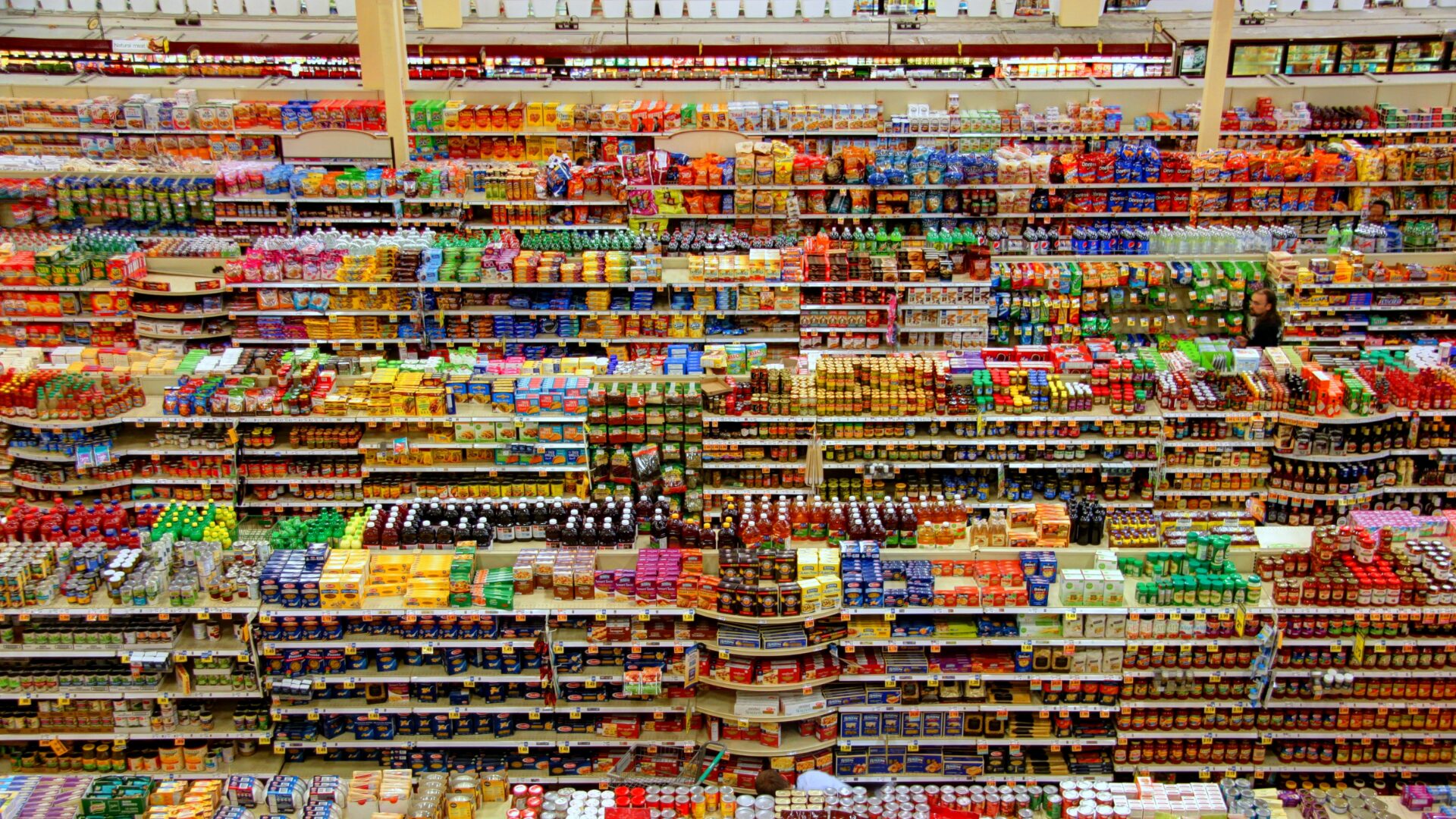New analysis conducted by the Chartered Trading Standards Institute has found that one in three meat substitutes labelled as a vegan product contains animal-derived ingredients, more specifically, milk and egg.
With so many plant-based brands popping up in grocery stores globally, it has never been easier to adopt a vegan lifestyle. Or so we thought.
New research conducted by the UK’s Chartered Trading Standards Institute (CTSI) has found that one in three vegan-labelled products on sale in national grocery stores still contain milk or egg in their formula.
This is problematic because, when the organisation asked the public what a ‘vegan’ product should be, the vast majority (76 percent) said that a vegan label should indicated that the product it is totally free from animal-derived products. This includes milk, butter, eggs, fish, and shellfish.
At present, the UK has no legal guidelines attributed to what makes a product officially ‘vegan.’ Without these laws, food companies are able to falsely label items containing animal-derived products as vegan-friendly without consequence.





















